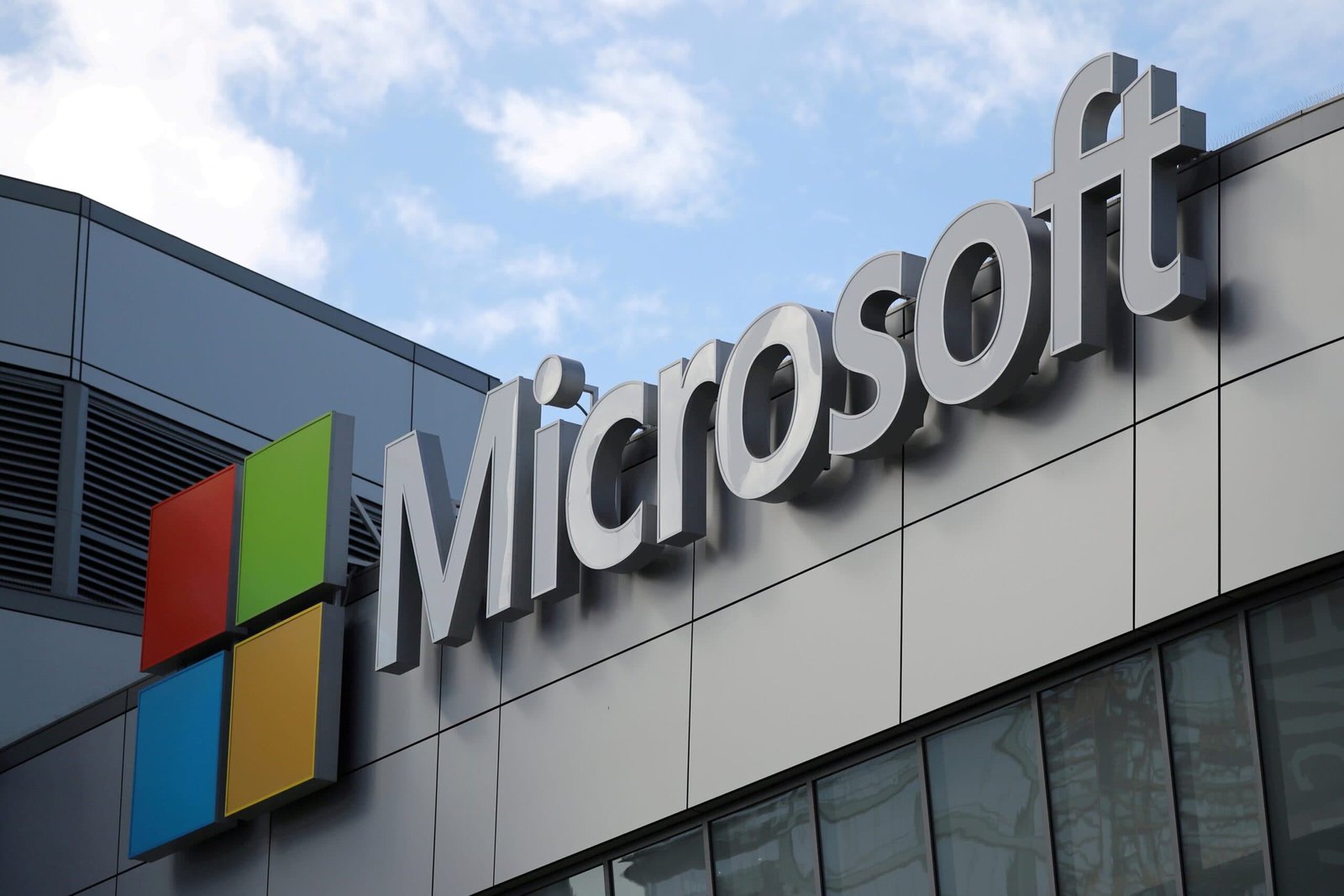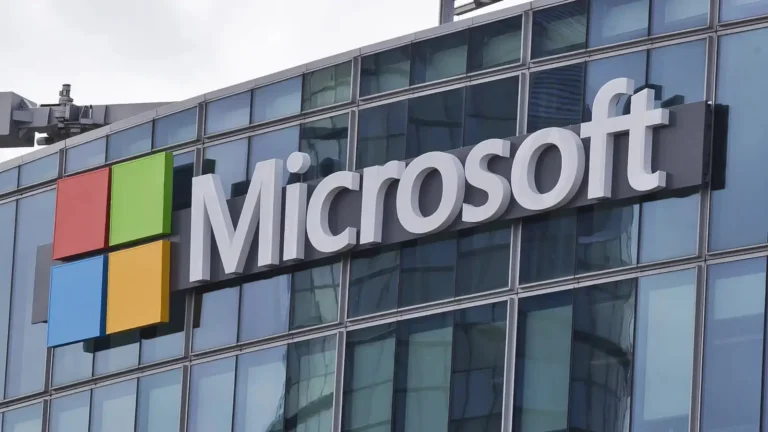
Microsoft's global HQ in Redmond, WA, at the center of the US military support controversy.
Microsoft decides to stop using China engineers for technical support of US military So a recent shocking report has created a big stir in the US Department of Defense and the technology sector. And according to this report, the giant software company Microsoft was allegedly using China-based engineers to provide technical support for the US military’s cloud computing systems. And after this revelation, US Defense Secretary Pete Hegseth has ordered an immediate review, and Microsoft has also announced that it will stop this practice. This incident has come to light amid growing geopolitical tensions and cybersecurity concerns between the US and China And the root of the matter is ProPublica’s report and digital escort system. This whole matter started with a report by investigative journalism organization ProPublica. And this report detailed.
How Microsoft which is a major contractor for the US government. was using China-based engineers to work on US military cloud computing systems at least since 2016. At the same time, according to this report, this work was being done under a system called digital escort. In this system, American digital escorts with security clearance were appointed through sub-contractors. Their job was to input the instructions of Chinese engineers into the US military network. The ProPublica report also claimed that these American “digital escorts” often lacked the technical skills needed to assess the cybersecurity threat from the work of Chinese engineers. This meant that Chinese personnel could have indirect access to sensitive US military data. Even if not directly.
Microsoft Chief Communications Officer Frank
Experts and officials have expressed serious concerns about the potential risks to national security and data security over this setup. Especially in view of China’s laws, which can force companies to share information with their government.
Microsoft’s response and announcement of change
After the report came out, US senators and the Defense Department immediately raised questions on it. In response, Microsoft announced on Friday that it would stop using China-based engineers to provide technical support to the US military. Microsoft Chief Communications Officer Frank Shaw said in a post on social media platform X (formerly Twitter) that the company had made changes to its support for US government customers in response to concerns raised earlier this week, to ensure that no China-based engineering teams were providing technical support for services used by the Pentagon. At the same time, the company did not deny that such arrangements existed in the past but emphasized its new commitment to security and said it would work with national security partners to review and tighten its protocols. So that Microsoft previously told ProPublica that it had disclosed its practices to the US government during this process.
So if we talk about Defense Secretary Pete Hegseth’s immediate intervention and order for review, then
After the ProPublica report and the senators’ concerns, US Defense Secretary Pete Hegseth took immediate action and ordered a two-week review of the Pentagon’s cloud deals. So in a video posted on X on Friday, Hegseth said, “I am announcing that China will no longer have any kind of interference in our cloud services, effective immediately.”He further said, “We will continue to monitor and counter all threats to our military infrastructure and online networks.” Hegseth emphasized that we should never allow foreign engineers from any country, certainly including China, to maintain or access DoD systems.
His move is being seen as a strong message to prioritize national security and ensure the security of military data. This incident is a clear signal for technology companies working with the US government to re-examine their practices regarding the use of their foreign personnel and the protection of sensitive data. At the same time, it also underscores the importance of protecting against supply chain threats to US national security. This includes threats emanating from sub-contractors.
Growing concerns and national security implications
The incident comes at a time when tensions between the US and China over cybersecurity and technological dominance are at their peak. The US government considers China’s cyber capabilities to be one of the most aggressive and dangerous threats to the United States. As evidenced by intrusions into critical infrastructure telecommunications networks and supply chains. Experts believe that even if personnel with US security clearance supervise the digital escort system, they can still put sensitive data at risk. This concern also increases because reports have shown that Chinese and Russian hackers have penetrated the systems of major US technology companies such as Microsoft in the past. And another important aspect in this case is whether the US “digital escort” actually had sufficient technical expertise to detect potentially malicious activities in the work of Chinese engineers.
If they were only inputting instructions, there remained the possibility of malicious code or unauthorized data access as well. So what to do next? The Defense Department expects its two-week review to look deeper into whether engineers based in China were working on any other cloud service contracts and how to prevent any such possibility in the future. Senator Tom Cotton has also asked the US military to provide a list of all contractors who use Chinese personnel and has sought information on how US digital escorts train to detect suspicious activity.
And speaking of the conclusion
This decision by Microsoft to stop using Chinese engineers for technical support to the US military and the review ordered by Defense Secretary Hegseth is a significant development. And the incident reflects America’s growing concerns about national security, cybersecurity threats and the need for strict accountability for technology companies. So this could have a significant impact on the use of foreign personnel and data security protocols in US government contracts in the future. So that it can be ensured that the country’s most sensitive systems remain completely safe.




